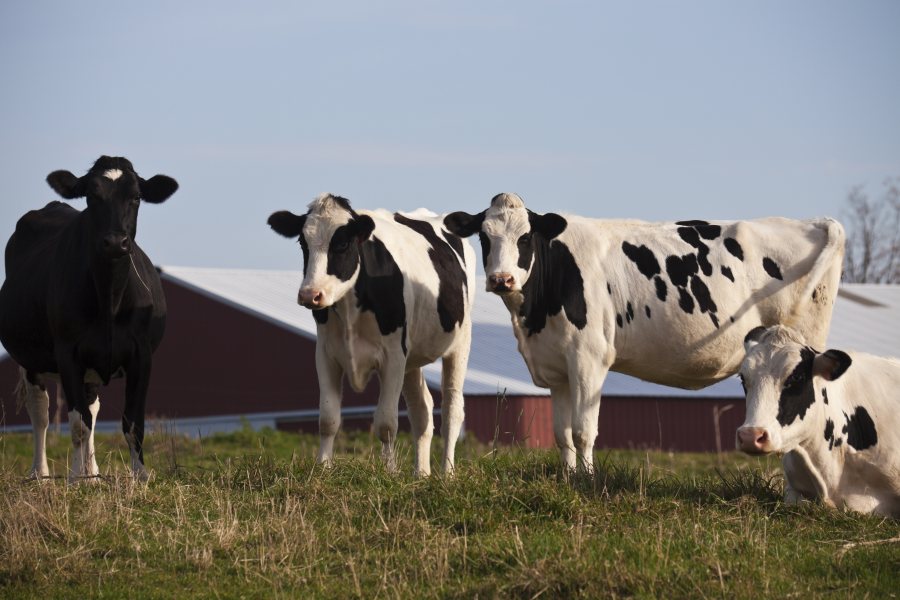Bird flu now impacting 92 dairy cow herds across 12 US states

The US government has now confirmed avian influenza in a total of 92 dairy cow herds across 12 states.
The Centers for Disease Control (CDC) has provided an update on the situation, which began earlier this year.
One of the worst impacted states is Michigan, which has seen 25 herds affected by the H5N1 strain of the disease.
To date, there have been three human cases associated with the outbreak, all of whom had direct contact with infected cows, the CDC explained.
It added that the current human health risk assessment for the general public 'remains low'.
However, the CDC recently said in a in a report that it was “preparing for the possibility” that the virus could evolve to spread more easily among people.
"On the animal health side, 92 dairy cow herds in 12 US states have confirmed cases of A(H5N1) virus infections in cows as the number of infected herds continues to grow," the CDC said.
Avian influenza A(H5N1) is a type of flu virus that usually infects wild birds and can spread to domestic birds and other animals.
It occasionally infects people, though it is extremely rare for it to be transmitted from one person to another.
Initial testing shows the virus has not changed in a way to make it more likely to spread among humans.
Defra said it was monitoring the situation in the US 'closely', adding that it had no reason to suspect the virus was circulating in UK or European cattle.
The UK has had no recent cases of avian influenza in kept poultry, and the risk level from wild birds is 'low'.








